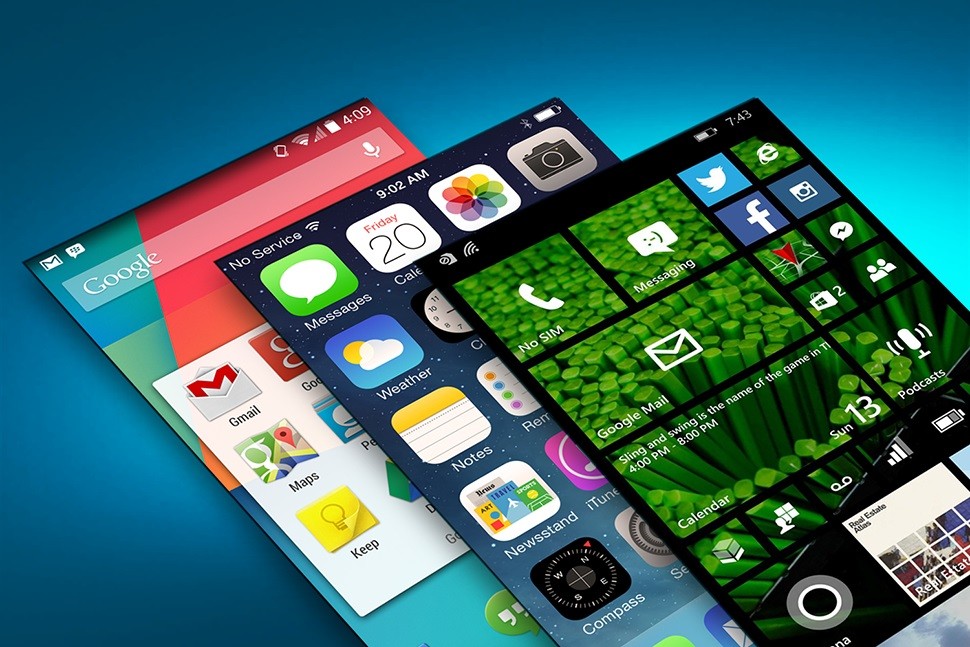Android, iOS or Windows: which OS is right for me?
Finding the right smartphone is not an easy task, as there are so many options to choose from. There is no right or wrong answer − you simply need to examine each option and work out which has the features you need. The operating system is an important consideration when you are comparing phones and here are a few key points that you should take into account.
Android
The Android operating system was designed and developed by Google. It is currently the most popular operating system in the world and is used by a number of the leading smartphone manufacturers. Regular updates are produced and this system has the largest app store of all the systems. An Android phone will normally have a number of key Google features pre-installed, including Gmail and Google Maps. It should be noted that Android phones come in a range of sizes, which means it should be easy to find something to suit.
iOS
This is the Apple operating system; therefore, it is only installed on Apple products and your choice of handset is limited to the iPhone. A wide range of apps can be used with this operating system and, as strict guidelines are issued by Apple, these tend to be very secure. The handsets will have a number of built-in apps, including iCloud backup and the Safari web browser. The handsets will also have a direct connection to the iTunes store.
Windows
This operating system used to be known as Windows Phone; however, it is now called Windows 10. This operating system, which is used by Microsoft, is installed on Lumia handsets. Lumia used to be known as Nokia; however, Microsoft purchased Nokia’s handset business and renamed the handsets Microsoft Lumia phones. Most handsets using the older Windows Phone 8.1 operating system will receive an upgrade to the newer version and Windows 10 will be familiar to those who use the Windows operating system on their computer. You can also take advantage of mobile versions of Office apps, such as Excel and Word. There is a limited range of apps with this operating system; however, the Lumia handsets are very popular with those who want a good camera, with the latest models offering 20 megapixels.
The main points to consider when choosing the OS are what you want to use the handset for and the type of apps you like to use; for example, if you are a business user, the Windows phone with its Office capabilities might be the best option for you. Alternatively, if you like to use plenty of different apps on a daily basis, you might prefer an Android handset.
Each OS has advantages and disadvantages and it is worth taking the time to consider all the options before making a decision, as making the wrong choice could be expensive.

